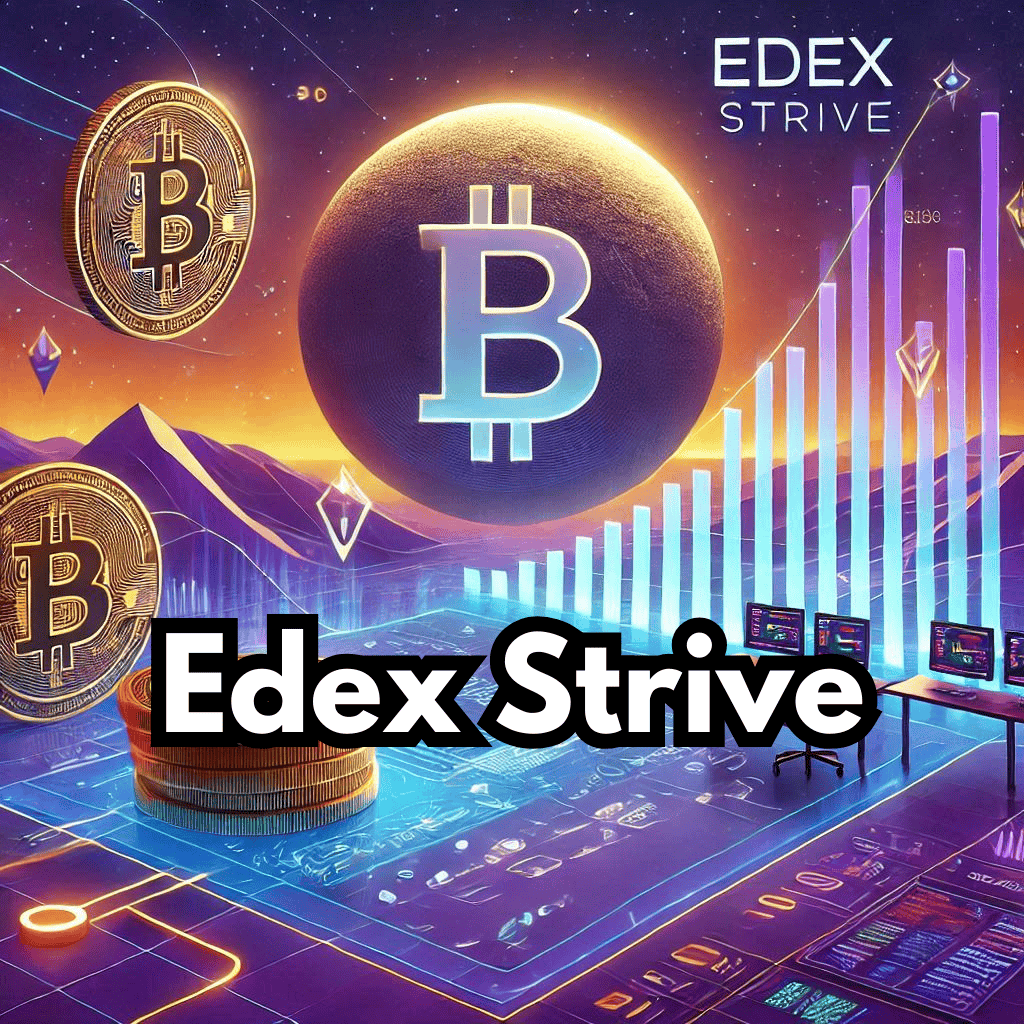The eagerly anticipated meta-universe, heavily promoted by Big Tech and frequently depicted in science fiction, has yet to become a reality. Despite the excitement, it hasn’t gained widespread public adoption, business meetings primarily occur outside of it, and the immersive “First Player Get Ready” experience remains distant. However, Italian researchers have recently published a study that might bring us closer to its realization. Their paper, “The Meta-Universe and the Human Digital Twin: Digital Identity, Biometrics, and Privacy in Future Virtual Worlds,” stresses that interoperability and data ownership will be vital for creating an effective digital equivalent of our physical world.
Digital Twins

Every online activity leaves a data trail that, when linked to an individual’s identity, provides a comprehensive picture of them. Since the advent of the Internet, this data has been utilized for various purposes, from targeted advertising to psychological experiments. In the meta-universe, the potential for data collection is even more significant. Depending on the technology and sensors employed, the data gathered can include extensive details about user behavior and intricate insights into their health and physical condition. Imagine a scenario where a healthcare network establishes a virtual world allowing patients to consult with caregivers and schedule appointments. The ability to instantly access a patient’s vital statistics using data collected within the meta-universe could be revolutionary. To fully capitalize on the meta-universe, users will need a digital twin that accurately represents them while ensuring the privacy and security of the data it generates. The researchers note: “The boundary between the physical and digital realms is becoming increasingly blurred. […] Access to the Meta-Universe should be secured through biometric authentication methods, while decentralized digital identity systems can ensure privacy during data exchanges with service providers.”
Digital Ownership

As the Meta-Universe develops, it’s likely that more governments and major organizations will begin to establish standards for interoperability, similar to how numerous websites allow logins via Google or Meta accounts. However, this model places users in a familiar situation to traditional social networks. The data generated by users on platforms like Facebook and TikTok is crucial for these companies’ revenue streams. Without this data, selling ad space would be impossible. Currently, the platform that generates the data usually owns it, although regulations vary by region. There isn’t a decentralized solution for aggregating all of a user’s data into a single repository controlled entirely by the user. In a more data-rich meta-universe, researchers believe that users should have control over their own data. This could lead to a scenario where meta-universe residents are incentivized to participate in activities that generate data. This data could then be stored in a decentralized repository, accessible solely by the user and shared at their discretion, possibly in exchange for compensation.

My name is Jay Skrantz, and I’ve been a freelance writer for 10 years, concentrating largely on investment brokerage, mutual fund investing, and financial analysis topics. As a reporter, I’ve written extensively for a wide variety of sites and publications like SeekingAlpha, MoneyShow, and MotleyFool. I’ve also done substantial freelance work for a number of financial publications, including MarketWatch, CIO Magazine, and TheStreet.



